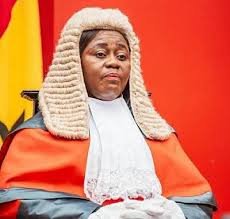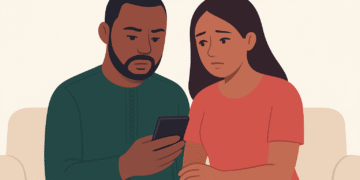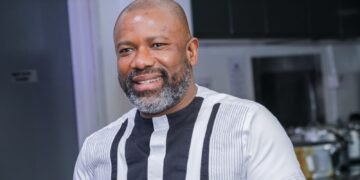By: Alhaji Alhassan Mbalba: Former Chairman- NDC-UK/Ireland Chapter

The Suspended Chief Justice Gertrude Torkornoo’s decision to petition the ECOWAS Court of Justice might be more noise than substance. Her appeal echoes cases brought before the European Court of Human Rights (ECHR), based in Strasbourg, France — though the parallel deserves scrutiny.
It is worth noting , the ECHR is not part of the European Union like the European Court of Justice in Luxembourg. That distinction is why the UK still falls under the jurisdiction of the ECHR post-Brexit.
The ECHR ensures that countries which have ratified the European Convention on Human Rights uphold the fundamental rights of their citizens. However, unless international conventions are formally incorporated into a country’s legal framework, they carry little legal weight.
In the UK’s case, the Human Rights Act of 1998 — enacted during Prime Minister Tony Blair’s tenure — directly embedded the European Convention into domestic law. This gave UK citizens the ability to seek redress through the ECHR, with its judgments holding binding legal force over the UK government.
Justice Torkornoo is fully aware that most ECOWAS protocols lack real enforceability. Member states have not ceded meaningful sovereignty to the regional bloc. Initiatives like democratization and a common currency remain unfulfilled. Notably, countries such as Burkina Faso, Niger, and Mali have withdrawn from ECOWAS, rejecting external influence on their internal affairs.
ECOWAS conventions must be domesticated to be legally binding, and there are no robust mechanisms to compel compliance.
As a sovereign nation, Ghana can choose to disregard any ruling from the ECOWAS Human Rights Court without facing formal penalties.
Justice Torkornoo’s appeal might be more symbolic than effective. Given the structure and limitations of ECOWAS, it is highly unlikely the court’s verdict will generate the result she is hoping for. Ghana retains full autonomy and may simply ignore any unfavourable judgment — as other states have done in the past.
In this light, her move may stir conversation, but it’s unlikely to yield enforceable consequences.
Alhaji Alhassan Mbalba: Former Chairman- NDC-UK/Ireland Chapter





























